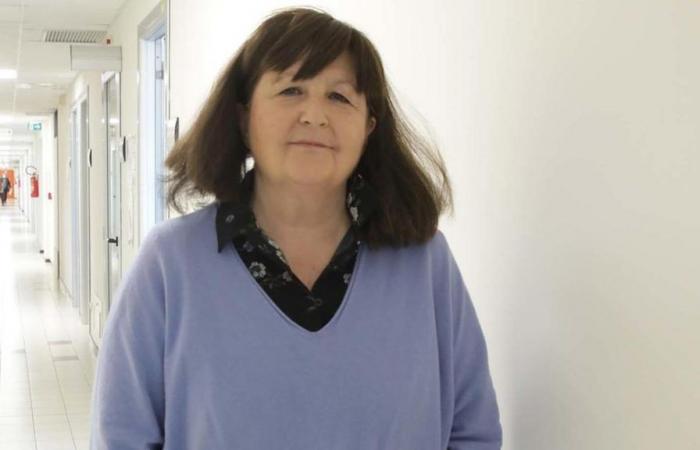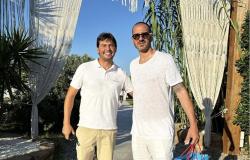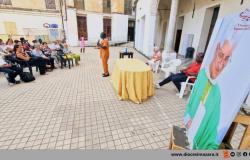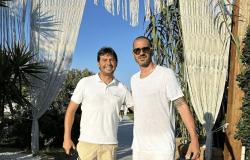Raffaella Angelini, yours has been a long career in which many have appreciated your work and now they are sorry to see you leave. Are you happy to retire?
“Happy? No, no, I’ve been crying for days… I’m old, I’m already past retirement age and I decided to do it. But it’s like leaving something that has been my life for many years. I’m not going to feel bad, but… It’s more complicated than that.”
What will he do now?
“I don’t know, I don’t have any specific plans. I’ll continue to do some things in the world of public health, I’ll have more time to write and think. And then I’ll take a nice trip that I’ve been waiting for a long time. I’ll continue the fun things that I used to relegate to my spare time.”
Let’s go back. When did it start?
“In ’87, at the ASL of Riccione. I was there for a couple of years, then I won a competition in Ravenna. In 2000 I became director of the public hygiene service, so I started to have a role of responsibility. Everyone causes their own troubles, as they say, but all in all I’ve always done a job that I liked. I’m lucky.”
The most difficult moment?
“There have been many. When I started to be the director of the service in 2000 I was very young, younger than most of the doctors I had to manage: there was inexperience and fear. But the most difficult thing was managing the chikungunya epidemic of 2007: it changed my way of thinking. Until then I had always thought that my role was to apply what those who understand say should be done. And instead I found myself more or less in August, with the coast full of tourists, with an epidemic that no one knew what it was, everyone on vacation including the Health Institute and the Region… It was a difficult moment that made me understand that you don’t just have to do what someone else says, but also put your own effort into it”.
I would have said that the most difficult moment was covid
“Covid was something unimaginable for everyone. The first year with people you knew dying, with the hospital situation… But at that moment the whole world was really thinking about what to do, even if obviously it was much more dramatic.”
Did you have to change your working method many times in that period?
“The problems, what to do, how people perceived the pandemic changed from month to month. It was challenging, but I have to say that people give their best in difficult times. If only it were like this in ‘peacetime’ too…”
What do you recommend to those who come after you?
“Because of the way I am, I have been giving advice for months. But I don’t disappear, if the company needs an experienced person I will be there. I recommend studying, staying on top of things: in our profession it is important to be timely. In addition to However, the councils also have my telephone number and I will help them as much as I can, until they realize they no longer need me.
What are the public health challenges for the future?
“As regards prevention, it is essential to build paths and programs that not only concern infectious diseases, injuries and accidents, but also work on chronic pathologies: the population tends to age and is increasingly burdened by chronic pathologies. People must become aware of the The importance of lifestyles to maintain a good state of health for as long as possible. This is why we are carrying out courses on nutrition and smoking. Then there is the problem of underfunding of healthcare which is becoming very dangerous and the difficulty in finding health personnel. but public health has been the greatest reform of our country and it is important to safeguard it.”
Sara Servadei






